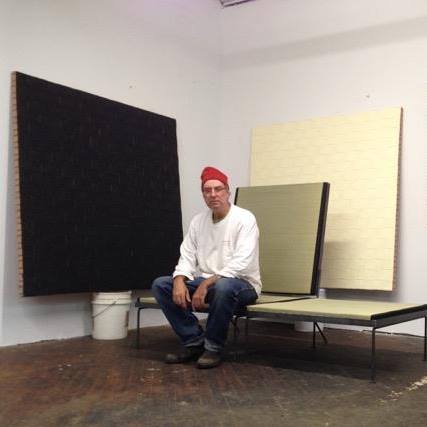Schwarz
View current page
...more recent posts
In his response, Prince, a renowned appropriation artist who frequently uses others’ imagery in his work, argued that the photographs in Yes Rasta are not “‘strikingly original’ or ‘distinctive’ in nature”, and that his “transformative” uses of the photographs were “done in good faith and reflect established artistic practices”. Prince’s answer furthermore stated that his appropriation, which he claims is sanctioned under fair use, “poses no harm to the value of such photographs and any market value relating to the photographs has… been enhanced rather than decreased”. Lawyers for Prince and Rizzoli declined to comment, and Gagosian’s representation did not return phone calls. Prince was sued in the 1980s for copyright infringement related to another photographer’s work; the lawsuit, lodged by Garry Gross, was reportedly settled out of court.sounds like theyre building the settlement and legal fees into the sales prices of the prince paintings. thats not consistent with appropriational economy. thats just fat cats playing games.
In a telephone conversation, Cariou, who is based in Paris, bridled at the claim that Prince only used a small portion of his Yes Rasta photographs. “In my lawyer’s opinion and others’ opinion, this case goes way beyond fair use,” he said. “They used 30 pictures of mine. If you’ve seen the ‘Canal Zone’ book, it starts with Rasta, it ends with Rasta—it is the centrality of it, there is no question.” According to Cariou, the suit has now advanced to the discovery phase, during which his lawyer will try to ascertain how much money the defendants earned from the paintings, among other matters. Gagosian’s filing states that eight paintings from the series were sold, and Cariou says they were priced between $1.5m and $3m each. To Cariou, the defendants’ response has been “extremely arrogant”, particularly the claim that his work is not distinctive or original.
